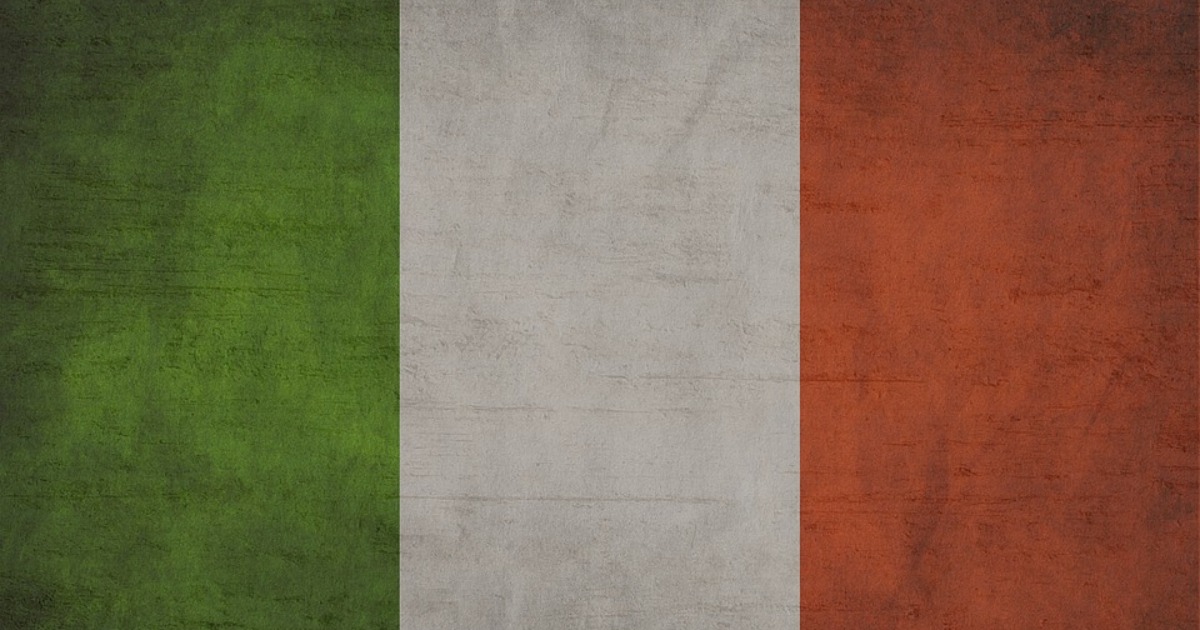Italy’s Populist Racists Badly Bruised
Salvini, Meloni and the hard right have to contend with a resurgence of the center left in Italy’s most important urban centers.
October 12, 2021

For more than a decade, the arrival of far-right populists in power has been expected in Italy. But there is good news. Voters may have stopped the country’s seemingly relentless rightward drift.
Italy’s center-left reawakens
In the recent round of municipal elections, Italy’s political right flopped badly in three of the country’s largest cities, Bologna, Milan and Naples.
The winners were center-left candidates. This is all the more surprising because, at the national level, Italy’s center left parties have appeared impotent and weak — rather like the British Labour Party or the French socialists.
The result is sure to leave question marks over the long-held assumptions that the right, made up of Giorgia Meloni’s Fratelli d’Italia and Matteo Salvini’s Lega, would be a shoo-in at the next national election which can be held no later than 2023. The two parties regularly poll at 40% and appear impatiently prowling for the next election.
The Draghi factor
In holding these parties at bay, the Corona pandemic, which first arrived in Europe so unrelentingly in Italy, played its part. It was a key factor in having public opinion lean favorably towards more technocracy, in the form of Mario Draghi’s government.
Draghi’s management of the pandemic and the Italian economy over the last ten months has been impressive. Nearly 70% of the population are fully vaccinated, Covid cases have stayed low and businesses have been able to reopen their doors. The mood is positive and provides little space for Salvini and Meloni to exploit.
Next: The battle over Rome
The mayoral elections were supposed to be an opportunity for the Lega and Fratelli d’Italia to shore up their chances in the next general election.
With Milan, Naples and Bologna going to the center left, all eyes are focused on the runoff ballot in Rome where the result was too close to call.
Italy’s capital city acts as a microcosm for the country’s political themes. It has seen populism wane as an electoral force, due to the inept management of the city by Virginia Raggi of the populist 5 Star Movement. She failed to win a second term as mayor of Rome.
Replacing Raggi will be either Enrico Michetti of the centre right list or Roberto Gaultieri of the center left. Both took both around 30%.
The right retaking of Rome should have been easy, all the more so because it attracted the pro-business constituents. But that camp’s candidate led a poor campaign.
For example, Michetti advocated the return of the fascist Roman salute and was accused of plagiarizing his campaign agenda from Draghi and Meloni, amongst others.
What the mayoral election in Rome has already demonstrated is that the right’s ascent to power across Italy is no longer a given.
What about Salvini?
As standard bearer of the right, Matteo Salvini came onto the scene in the wake of the global financial crash and grabbed the spotlight during the migrant crisis.
His hard right-wing politics based on anti-migrant rhetoric and fomenting Euroscepticism up and down the country made him Italy’s best-known politician in the middle of the last decade after the triumph of Donald Trump and Brexit in the Anglosphere.
Now part of Draghi’s governing coalition, Salvini has softened his anti-European rhetoric. The political problems facing Italy have transformed the country’s politics sharply in the last two years.
Draghi’s appeal
The focus is no longer on political buffoonery or grandstanding, as is so often the case. Rather, Italians are keen on governmental competence to advance economic recovery from the pandemic, repair the country’s infrastructure and address climate change.
With Italy receiving the largest chunk of the EU Recovery Fund in due course, Salvini, Meloni and the right’s box of tricks have less purchase than before.
Aside from Draghi’s competence, they now have to contend with a resurgence of the center left in Italy’s most important urban centers. It is up to the parties of the left to match this success on the national stage and challenge the right’s assumed victory at the next general elections.
Beyond Italy
The Italian mayoral elections — along with wins for the center left in Germany and Nordic nations, as well as the left being in power in Spain and Portugal – underscore that populism is fading in its appeal.
Moderate center-right and pro-EU politicians in charge in the Netherlands or Greece further support this finding
Takeaways
Italy’s capital city acts as a microcosm for the country’s political themes.
Virginia Raggi of the populist 5 Star Movement failed to win a second term as mayor of Rome.
What the mayoral election in Rome has already demonstrated is that the right’s ascent to power across Italy is no longer a given.
In the recent round of municipal elections, Italy’s political right flopped badly in three of the country’s largest cities, Bologna, Milan and Naples.
At the national level, Italy’s center left parties have appeared impotent and weak -- rather like the British Labour Party or the French socialist
The focus is no longer on political buffoonery or grandstanding. Rather, Italians are keen on governmental competence to advance economic recovery, repair the country’s infrastructure and address climate change.
Salvini, Meloni and the right’s box of tricks have less purchase than before.
Aside from Draghi’s competence, they now have to contend with a resurgence of the center left in Italy’s most important urban center.
The Italian mayoral elections -- along with wins for the center left in Germany and Nordic nations, as well as the left being in power in Spain and Portugal – underscore that populism is fading in its appeal.

